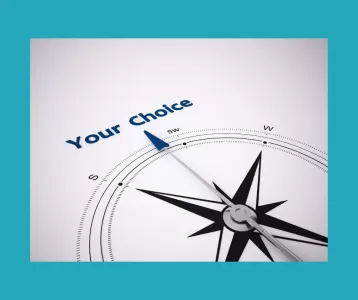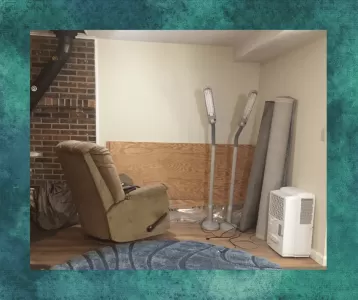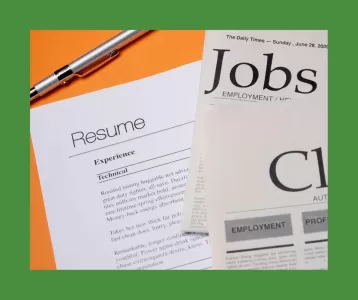Is your Job work?
It takes a significant need or reason for an individual to choose to go through a change. Making a change can be uncomfortable. As a result, sometimes, we stay longer in something that we don’t like because of the discomfort we expect in the change. What is not spoken is our doubt about our belief in being able to successfully change.
Keep reading if you want to know how to break through that discomfort that holds you back from pursuing the life you would love.
Mary was interested in learning what coaching might offer her. She spoke about her recent engagement. Professionally she received her Master’s in Marketing but was working in sales for a company with a better reputation for caring about their employees then her prior employer. Her vision of retirement was projected into the future 30 years. When asked what she loves to do, she told me managing events. The recent pandemic shutdown this hobby and she has accepted it could be put on hold until she retires. She would also like to try running a Bed and Breakfast at that time.
In this brief conversation, she gave me two examples of things she enjoys which are also professions but neither she is currently doing. She painted a picture for me of working for 30 more years, then she would get to do something she loves. What is implied is a distinction between work and what she is interested in doing must be exclusive endeavors.
How to overcome obstacles to have work I love.
My business focus is to help people build lives that they love and can sustain. The first part requires knowing what makes me happy and the second is knowing the skills needed to create such a life and then sustain it as time and circumstances change? Dealing with obstacles to change is therefore important.
Mary has described a life followed by many. Most of us take work that is available and build our careers off of that launching point. It doesn’t take long before we fit our lives into that career. It will define when we take vacation, where we live, the friendships we develop, the lives our children will experience. All because this is familiar, more comfortable than what a change might create. Challenging what we believe to be the rules about changing, or the actions required, or even questioning if these are the only options to consider is critical. These inquiries will bring out possibilities that transform the dread of change into the attraction to change.
Most any hiker can tell you there is more than one path to the summit. Having options gives you choice and control over your direction and your life. This alone will raise you level of happiness.
The next step is to take action. Not full out commitment to move but manageable steps to investigate or validate each option to determine which suits you best. Taking these steps will lead to new insights and ideas. Follow these ideas in a similar way, one step at a time. Those ideas that hold your interest are the ones to investigate further. When you have taken enough manageable steps a plan will emerge that is doable. What may have appeared impossible morphs into a job that you would enjoy doing and the steps to make the change possible.
In Mary’s case I will learn more about why Mary got the Master’s and how many options she investigated regarding using that degree in her career. I will pursue similar questions about the events planning and management hobby to understand what she has considered about making this a career. How informed is she about different possibilities and are these two more ideas than goals? Does Mary really need to forego her income and soon to be promotion to sales manager to jump to marketing at an entry level position? Has anyone worked with her to devise a plan comprised of strategic moves to accomplish a lateral transition? If this is possible, would she be interested in exploring this possibility? Is there a future in which going through a change produces more enthusiasm than dread? Could Mary devise a plan that has her doing something she loves over the coming 30 years rather than waiting until she retires to do what she loves?
My experience has shown, not only are lateral transitions possible, it is possible to navigate to a higher level. As with any change, it takes work to find what you like, to find the plan you want to follow, and the focus to execute. If approached properly, the difference will be the work required will be what you enjoy and as a result it may not feel like work.
There are always multiple paths to any goal. Find people like myself, who are experienced supporting people to identify what you love, craft plans to get there, and execute those plans as you live a life along the way that you love.









